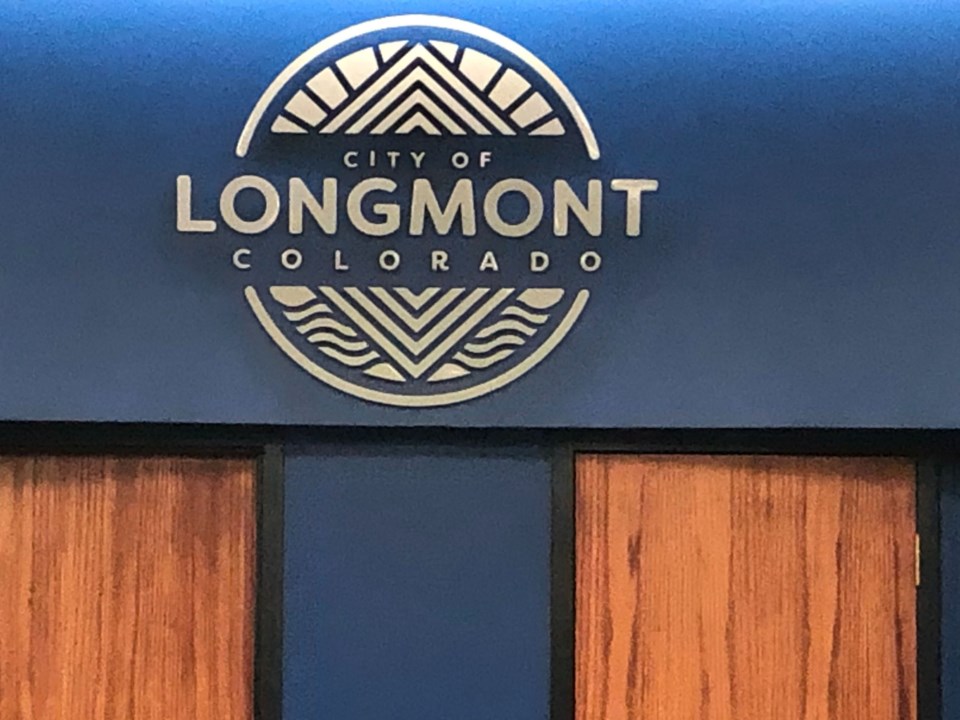Two bills aimed at handcuffing police from arresting suspects for minor offenses as well as juvenile offenders is drawing a rebuke from Longmont officials who say the measures could spur a spike in crime and dangerous behavior.
City council will consider either backing or opposing the proposals during its Tuesday meeting. Bills being considered during the current legislative session that have a bearing on city policies will be presented by city staff members to the council to endorse, oppose or monitor, Assistant City Manager Sandi Seader said via email.
City staff members recommend two bills — Senate Bills 21-062 and 21-182 — be opposed by council, according to information on the city’s legislative affairs webpage.
Senate Bill 21-062 prohibits a police officer from arresting a person based solely on the alleged commission of a traffic, petty, municipal or misdemeanor offense. The bill stems from COVID-19 executive orders that prohibited police from arresting people for particular crimes, to ensure jails were not overcrowded during a pandemic, according to the webpage.
The rush to codify jail depopulation measures and arrest standards during the COVID pandemic is premature, at least until officials understand the causes of the increasing crime rate across the state, the legislative affairs page states.
“Although Longmont does not have the horror stories of bigger cities like Denver, we are still seeing slight increases and it is important to better understand ramifications prior to passing a bill like SB 21-062,” the page states.
Police, the report states, fear the bill “will only serve to exacerbate the already challenging crime occuring in our neighborhoods and communities,” the legislative affairs page states.
Senate Bill 182 prohibits law enforcement officers from arresting students, or issuing a summons, ticket or notice requiring the appearance of a student in court or at a police station for certain offenses and conduct.
In Longmont it is rare for police who operate full time in local schools to issue a summons or arrest a student, according to police officials. When a student is cited or arrested, the juvenile is diverted to the city’s REWiND youth redirection program for counseling and community service instead of a traditional prosecution, the city webpage states.
“Only the most serious, most dangerous and most incorrigible ever see juvenile detention,” the page states. “But under this proposal, those children will be free to commit dangerous crimes against others at school with little consequences.”
Longmont’s school resource officer program came under scrutiny earlier this month, after council members asked for specific data about the effectiveness of the long-standing initiative.
A report presented to council stated in the past two years there were no arrests initiated by SROs in the St. Vrain Valley School District and only three of 181 summonses issued came directly from SROs
“I’d say 1.5% of the SROs spend their time enforcing the law,” SRO Sgt. John Garcia told council during its March 2 meeting. “The majority are counseling and mentoring.”
Some school districts — including Denver Public Schools and the Boulder Valley School District — have removed or will remove SROs from campuses in response to criticism that police unfairly targeted minority students.
Community activist Hermine Ngnomire said the Longmont SRO program disapproptiontely singles out Black, brown and disabled students for punishment.
Ngnomire also told city council that SROs are not effective in reducing crime on school campuses. “But we are still supporting them (SROs) for some reason,” she said.
City council is being urged to support Senate Bill 180, which creates a statewide recycling and composting infrastructure enterprise grant program to provide grants to eligible entities to create new or expanded recycling programs.
“A statewide recycling effort would provide uniformity and be beneficial toward supporting sustainability and climate action goals on waste diversion,” the legislative affairs page states.



